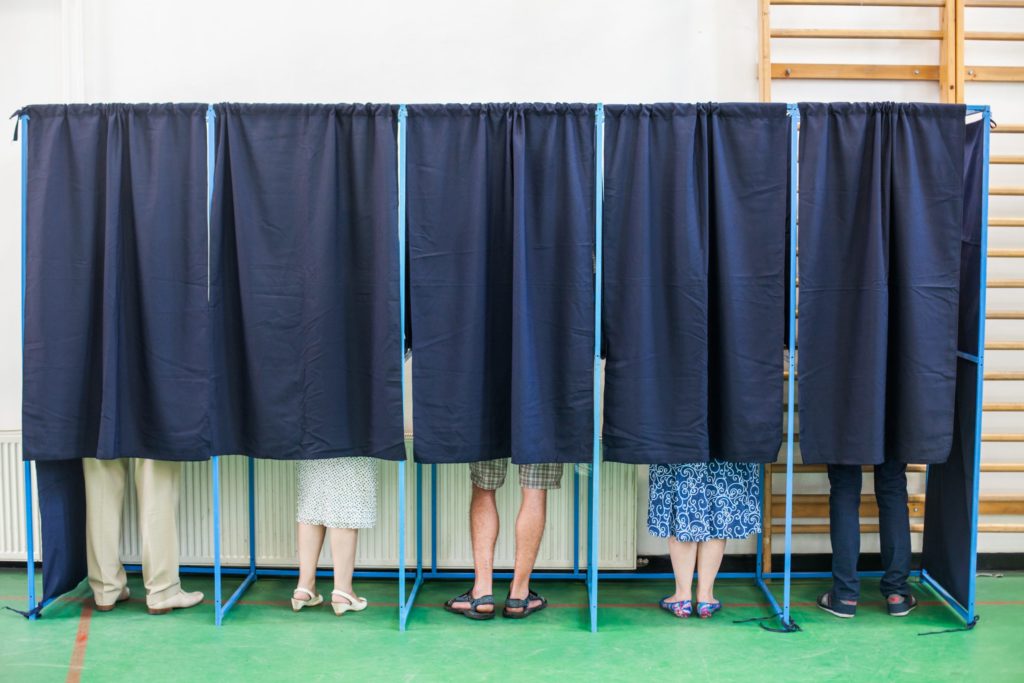National Security Powers Act would restore vital division of powers
WASHINGTON (July 20, 2021)—Earlier today, a bipartisan group of senators introduced the National Security Powers Act, which would take vital steps to properly rebalance the division of national security powers between Congress and the president.
The R Street Institute issued the following statement from Resident Governance Fellow Anthony Marcum:
“The Constitution provides that both Congress and the president share important national security powers. But over time, those powers have skewed toward the executive branch. This concentration of power has led to unilateral military actions and dubious emergency declarations with little congressional response.
The first step to reform is a bipartisan acknowledgment that this vital division of powers is not about partisan politics, but a fundamental understanding that our branches of government have distinct and important roles. An executive branch with too much power and a Congress with too little leads to potential abuse with no appropriate check or oversight. And when it comes to our national security, the stakes could not be any greater.
We are grateful to Sens. Chris Murphy (D-Conn.), Mike Lee (R-Utah) and Bernie Sanders (I-Vt.) for their leadership on this important issue.”
Key Provisions:
- Replaces the outdated and often abused War Powers Resolution (WPR), originally passed in 1973 to set limits on the president’s ability to conduct unilateral military actions.
- Finally defines key terms from the original WPR, like “hostilities,” which have been narrowly defined by subsequent administrations to sidestep congressional consultation.
- Shortens the time presidents may engage in “hostilities” from 60 to 20 days without congressional approval and allows Congress to terminate funding if approval is not given before the deadline.
- Sunsets existing authorizations for the use of military force and creates new requirements for presidents to satisfy when requesting future authorizations. And future AUMFs would have a two-year sunset, absent a subsequent authorization by Congress.
- Significantly amends the National Emergencies Act, which had previously allowed certain “emergencies” to linger for decades and allow presidents to bypass Congress to enact preferred policies.
Background:
- Analysis: “Reclaiming Congressional War Powers”
- Analysis: “Dated AUMFs Are Overdue for Repeal”
- Opinion: “Why this could, and should, be the year to recalibrate shared war making authority”
- Opinion: “When It Comes to War Powers, Congress Needs a Seat At the Table”
- Statement: “R Street applauds bipartisan AUMF reform efforts”








